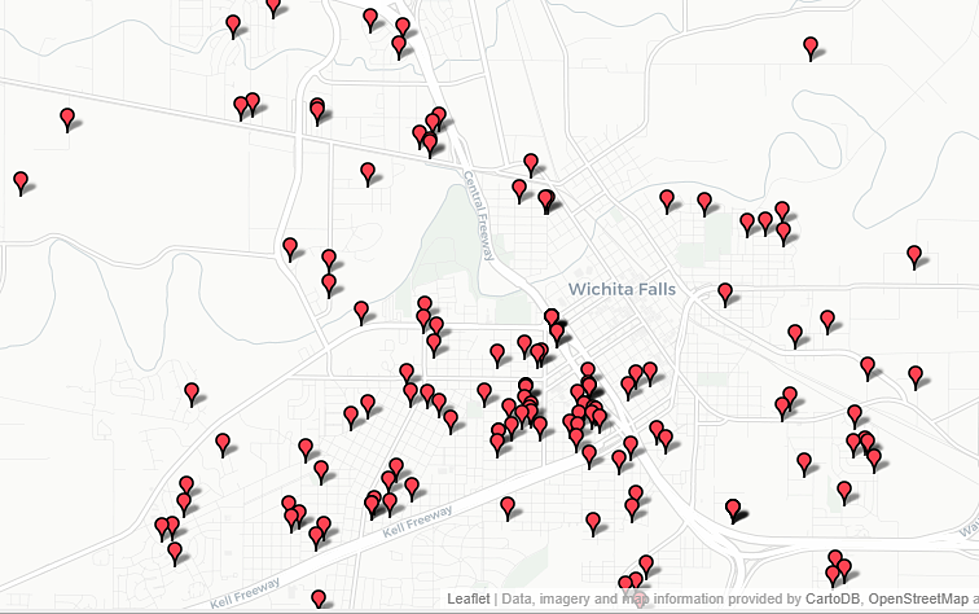
Disability Costs Could Reach to 77.2 percent of Household Income
If you are living with a severe disability, it could be taking up the majority of your household income.
A study from the University of Salamanca in Spain found 90 percent of the population who live with a serious disability in the country of Spain is suffering from moderate poverty, and 56 percent live in extreme poverty.
Javier Brana Pino, the studies lead author said, “With a compared and contrasted methodology, our study shows how high the cost of being dependent can be and how much it can contribute to increasing poverty.”
The cost of moderate disability, when daily movement is partially limited, is around 40 percent of household incomes, and 70 percent for those with severe disabilities. “Without taking into account income corrections (estimated disability expenses) the disabled population shows incidence, intensity and severity of poverty that are substantially higher than the national average in Spain,” Pino explained.
These high medical costs have directly contributed to Spain’s overall poverty percentage, jumping from 20 percent before households had to adjust their income, and 27 percent afterward.
Results from the Living Conditions Survey show that Spain has more poverty than its neighboring countries due to disability costs. “In general, our estimations put the cost of disability in Spain above those seen in neighboring countries with a similar level of development,” adds the researcher.
There are several factors that contribute to the disabled facing potential poverty. “On the one hand disabled people lose income either through not being able to find work or from being in poor quality employment,” Brana informs. He also explains that disabled patients may have to spend more money on extra amounts of heat for example, or other daily necessities for their condition.
Determining the relationship between disability patients and poverty has been studied since the 1970′s, and used to specify the type of public aid for those people who are suffering. Past studies have been conducted in Australia, Ireland, the UK, and the United States.
This current research used more than 28,000 adults and found that 2,700 people lived with a disability and over 2,100 would be considered dependent. Sadly, disability patients in Spain receive less public aid than many other countries excluding the U.S., Brana said.
“With this study we hope to show the long road ahead in creating equality for disabled people which, in other words, means getting rid of the income and conversion handicaps,” Brana stated.
More From Newstalk 1290

![Best Swimming Holes in Texas [PHOTOS]](http://townsquare.media/site/142/files/2019/05/Hamilton-Pool-Corey-Van-Zandt-10.jpg?w=980&q=75)

![Halloween Haunted Houses and Events in the Wichita Falls Area [2018]](http://townsquare.media/site/175/files/2013/09/2143669751_d144457163_z.jpg?w=980&q=75)
![Best Halloween Pumpkin Patches in Wichita Falls [2018]](http://townsquare.media/site/153/files/2012/09/pumpkin.jpg?w=980&q=75)





